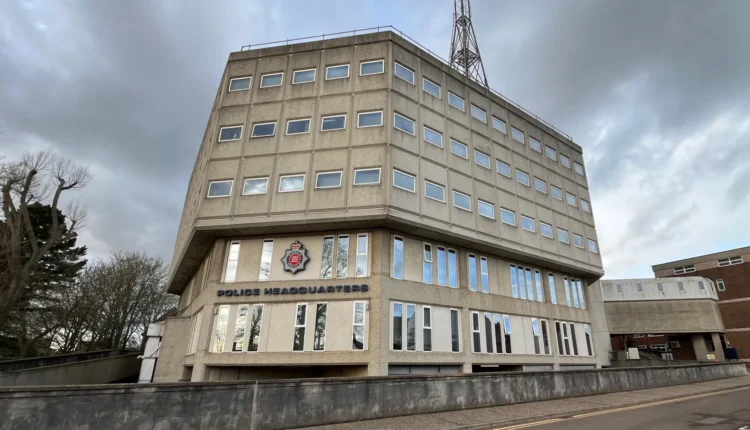Paying suspended officers costs police force £5m.
The BBC can reveal that Essex Police has spent more than £5 million paying suspended officers to stay at home since 2020.
In one case, a former chief superintendent may have pocketed up to £330,000 before being fired after a three-year investigation.
According to Steve Martin, chair of the Essex Police Federation, lengthy processes are costing forces money and leaving officers who have been found innocent in mental turmoil.
A spokesman for the force stated, “Suspension is only used when necessary, and we are always concerned with value for money for the public.”
In the five years preceding April, 101 of its officers were suspended with full pay. Of these, 53 were dismissed.
Essex Police paid their salaries for this time period £5,435,193, according to data obtained through a Freedom of Information request.

“If there are areas where we can bring them back with proper learning and training, I would say let’s get them back to work. “That can only be good for everybody.”
‘Complex or difficult’
Essex Police fired former Ch Supt Tom Simons in April after he abused his senior position for sexual purposes with a colleague.
According to the force’s pay scales, his annual salary would have ranged between £99,612 and £111,117. It meant he could have taken home up to £333,351 during the three-year investigation into his actions.
PC Georgie Bean, based in Basildon, also received a salary over several years while being investigated for having a sexual relationship with a key witness.
According to an Essex Police spokesman, some proceedings could become “very complex or difficult”.
“When officers are suspended, it is at the point where there is an indication that an officer may have committed a criminal offence or breached the standards of professional behaviour amounting to misconduct,” he claimed.
“Following an investigation, the officer may be cleared from any wrongdoing and therefore it would be considered unfair to suspend their pay when nothing has been proven against them at that stage.”
In October, Home Secretary Yvette Cooper announced a review of the “timeliness and appropriateness” of IOPC investigations.
An IOPC spokeswoman stated that addressing timeliness was their “absolute priority” and that “fundamental reform” was required to reduce complexities. “We understand the impact of long investigations on both complainants and the police officers involved,” she informed us.
“We are committed to working with the government, policing and other stakeholders to speed up the system and address the wider causes of delays.”


Comments are closed, but trackbacks and pingbacks are open.